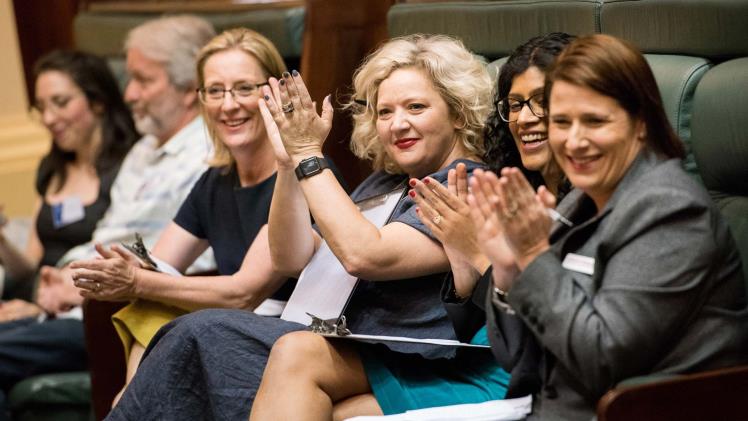Introduction: Throughout history, women have played pivotal roles in shaping political landscapes and advocating for change. Despite facing systemic barriers and discrimination, women continue to break barriers and rise to government leadership positions worldwide. In this article, we explore the significant contributions of women to political leadership across the globe and examine the challenges they continue to face in achieving gender equality in politics.
Historical Context: Women’s participation in politics has evolved significantly, from the suffragette movements of the late 19th and early 20th centuries to the contemporary push for gender parity in elected offices. Despite enduring societal norms and legal obstacles, women have pursued political representation, challenging traditional gender roles and expanding the boundaries of political leadership.
Trailblazing Women Leaders: From heads of state to grassroots activists, women have made indelible marks on political history. Trailblazing figures like Indira Gandhi, Margaret Thatcher, and Golda Meir shattered glass ceilings to become the first female prime ministers of their respective countries, paving the way for future generations of women leaders. Their leadership demonstrated that women are equally capable of governing and making impactful decisions on matters of national and international importance.
Increasing Representation: In recent decades, there has been progress in increasing the representation of women in political leadership roles. Quotas, electoral reforms, and affirmative action policies have helped to level the playing field and boost women’s participation in parliaments, cabinets, and other decision-making bodies. Countries like Rwanda, Iceland, and Sweden have achieved significant strides in gender equality in politics, with women holding close to or more than 50% of parliamentary seats.
Challenges and Barriers: Despite these advancements, women in politics face numerous barriers to full participation and leadership. Gender stereotypes, cultural biases, and entrenched patriarchal systems often hinder women’s access to political power and influence. Discrimination, harassment, and gender-based violence are prevalent issues faced by women politicians, discouraging many from entering or remaining in politics.
Intersectionality and Inclusivity: It is essential to recognize the intersectional nature of women’s political experiences and ensure that efforts to promote gender equality are inclusive and intersectional. Women from marginalized communities, including women of colour, LGBTQ+ individuals, and women with disabilities, face compounded barriers and discrimination in political spheres. Intersectional approaches to advocacy and policymaking are necessary to address all women’s diverse needs and perspectives.
Empowering Future Generations: To overcome persistent gender disparities in political leadership, concerted efforts are needed to empower and support women’s political participation at all levels. Investing in leadership training, mentorship programs, and networking opportunities can help cultivate a pipeline of future women leaders and equip them with the skills and resources needed to succeed in politics. Fostering a culture of respect, equality, and inclusivity in political institutions is crucial for creating environments where women can thrive and lead effectively.
Conclusion: Women’s participation in political leadership is not only a matter of justice and equality but also essential for democratic governance and effective decision-making. By amplifying women’s voices, challenging gender norms, and dismantling structural barriers, we can create more inclusive and representative political systems that reflect society’s diversity and richness. The continued advocacy and activism of women worldwide are driving forces for progress towards a more equitable and just future for all.

